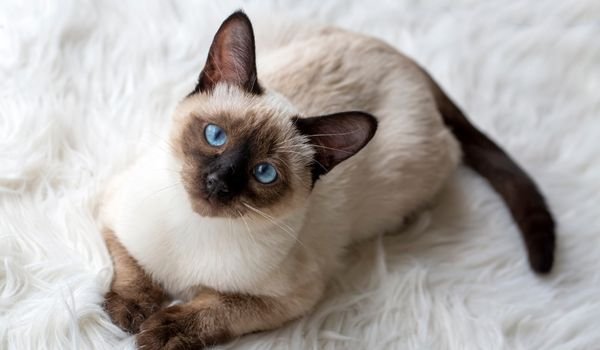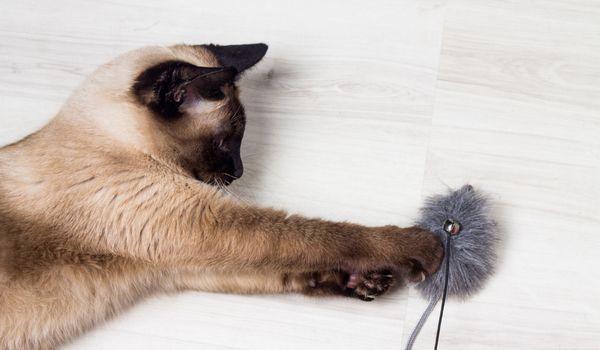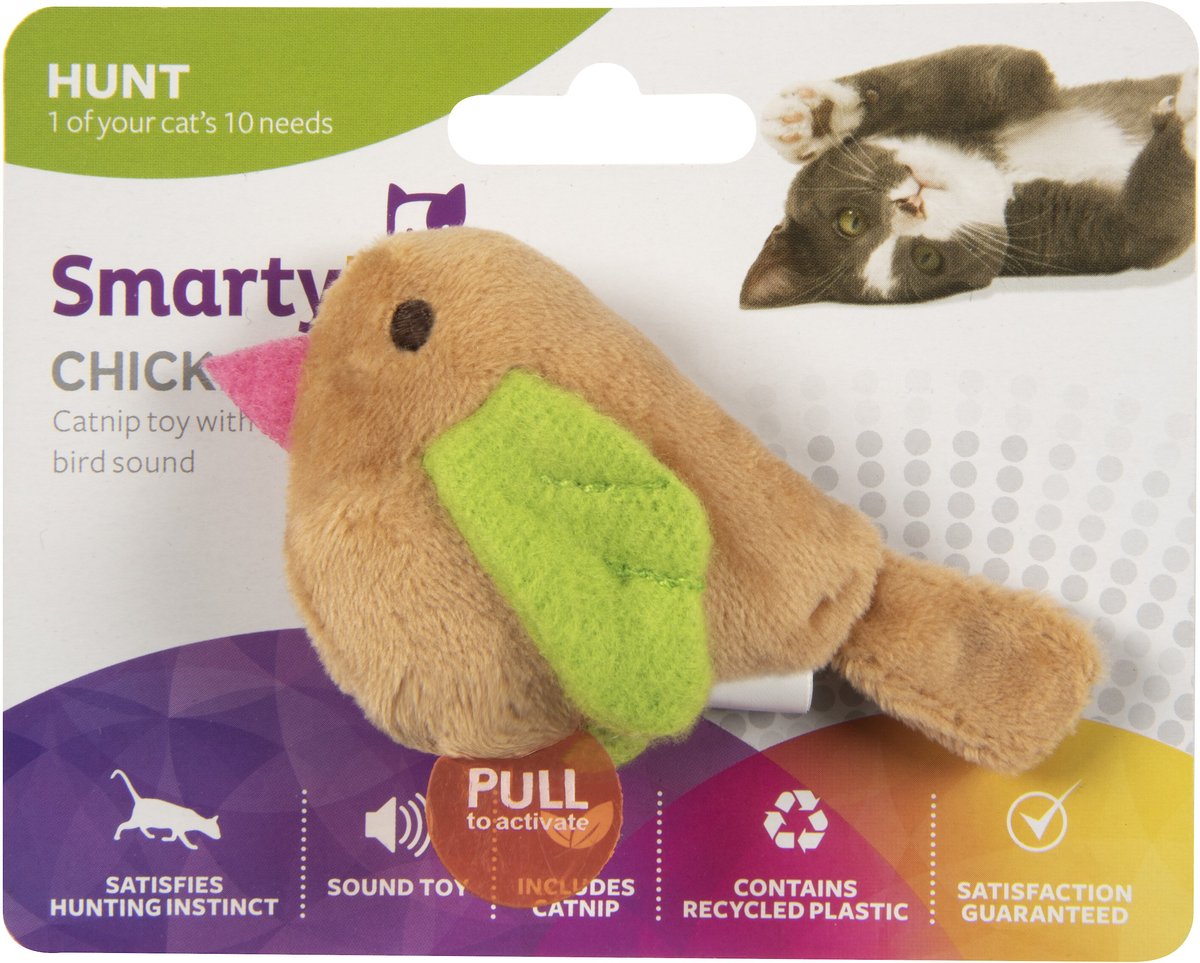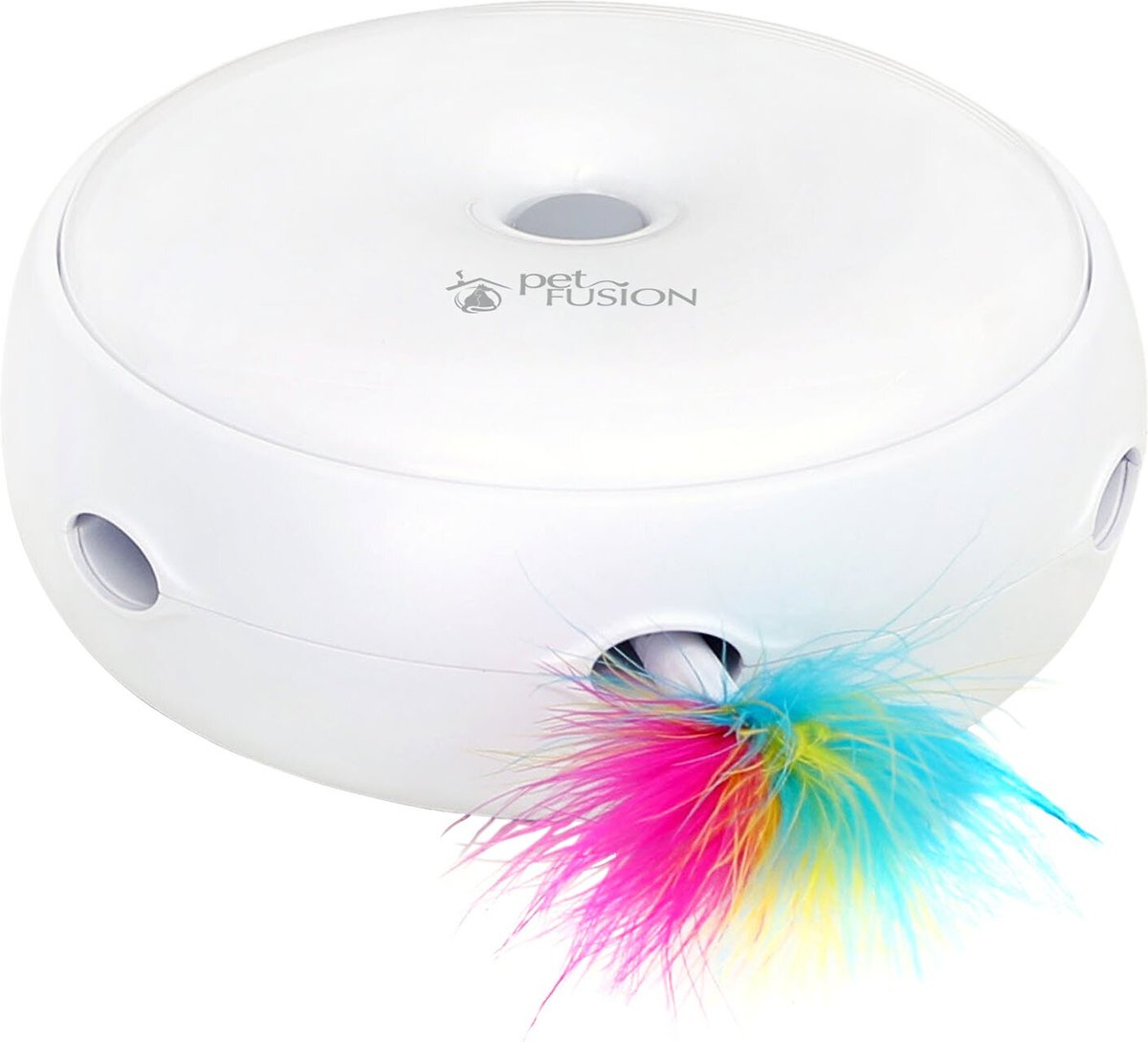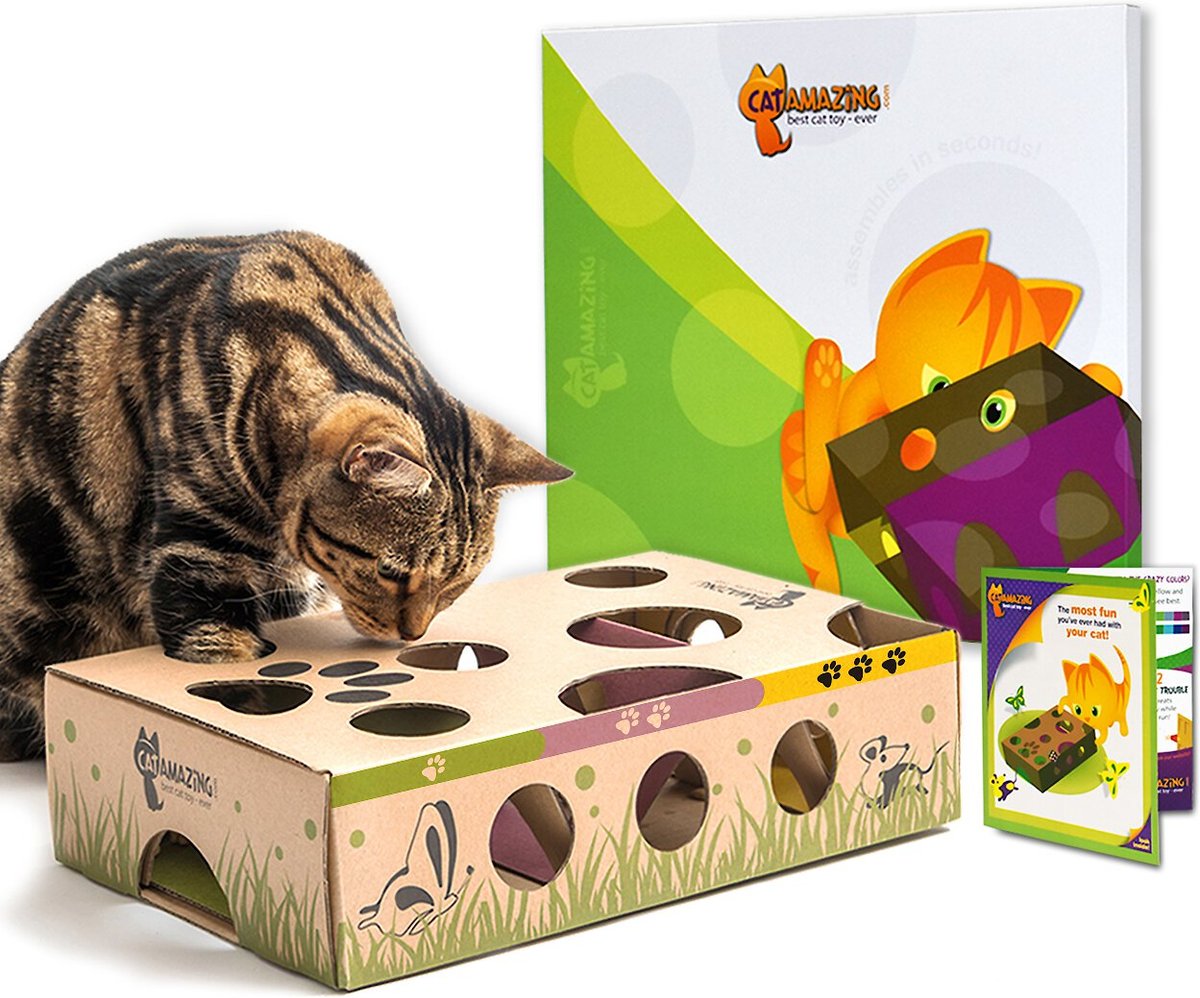Siamese cats have a reputation for being friendly, affectionate, and loud. They are also adored for their talkative nature. But the question here is, why are Siamese cats so vocal? What makes them interactive and expressive from a young age?
In this article, we will take a closer look at this unique personality trait of Siamese cats and find out why. We will also discuss if this trait can be eliminated from their personalities and what their effects may be.
It is also important to mention here that there are different types of Siamese cats—Chocolate Point Siamese, Flame Point Siamese, and Seal Point Siamese. All these types of Siamese are famous for their loud and vocal personalities. While they are different in their physical appearance, their personalities and temperaments are not much different.
So without further ado, let’s dig in to find out why siamese cats are so vocal and what can be done about it.
Siamese Cats and their Loudness
Siamese cats are vocal because they are more social than other cats and are usually more communicative as compared to other cat breeds. They constantly crave their owners’ attention and do not hesitate to make themselves heard. But there are other reasons as well behind their vocal and loud demeanor.
Some of the common reasons are discussed below.
To Seek Attention
As already mentioned, Siamese cats crave their owners’ attention and want to be around them all the time. Because of their sociable and friendly nature, they like to interact with their owners. But if they feel they are being neglected or are not given the attention they are used to, they would resort to meowing loudly and seek their owners’ attention.
To Show Their Boredom
It is also pretty common for Siamese cats to make a loud noise when they are bored. Lack of physical activity, attention, or human interaction can make things worse for these sociable felines. They need constant interaction with their human owners and cannot stay alone for a long time.
To Communicate Something
There is a good chance that Siamese cats are trying to tell their owners something through their loud meows. Siamese cats are smart and intelligent; they explore their surroundings and learn a lot through their discoveries. Thus, these cats may want to communicate with their owners about something new they have discovered.
It is a Cultural Thing
When we look at the origin and history of the Siamese breed, we get to know that they were highly regarded and admired in Thai or Siamese culture. They were mostly kept as pets by the Thai royal families and were pampered.
Because of this special treatment, they spent their lives in the royal palaces. This resulted in making them more vocal than other cats as well as making them close to their human owners.
They Don’t Like to be Ignored
Another unique trait of Siamese cats is that they don’t like being ignored. As we have already discussed how they crave their human owners’ attention, it is only natural for them to detest being shown any disregard.
So, when they are ignored or do not receive the attention they seek, they might protest.
They Might be Sick
One less common reason why a Siamese cat may be making noise can be sickness. If a cat is in pain or has some illness, she may be making loud noises to let its owners know that she is in pain. Thus, taking your cat to a vet’s clinic is always a wise thing to do in such cases.
Related Read: Cat Care: Subtle Signs Your Cat is Sick
Should Siamese Cats Be Stopped from Being Vocal and Loud?
Now that we have elaborately discussed why siamese cats are so vocal, and we know the possible reasons behind this, it is essential to discuss what we can do about it.
An important question here is, should Siamese cats be stopped from being vocal and loud? Is it safe to stop Siamese cats from being the chatterboxes they are?
We will take a closer look at how we can deal with the loud demeanor of Siamese cats and what are the effects of these.
Develop a Feeding Routine
It is possible for Siamese cats to make loud noises when they are hungry and want to eat. Thus, to curb the loud and constant meows, it is important to have a set feeding routine. Being consistent with their feeding routine can help cats know when they are expected to eat. This will also help reduce the loud meows Siamese are known to make.
Generally, grownup Siamese cats need one or two big meals a day. However, those under six months of age require at least three meals a day. But remember, this rule should only apply to food. They should have access to clean and fresh water all the time.
Spend Time with Them and Give Them Attention
As previously mentioned, Siamese cats crave their owners’ constant attention; giving them your undivided attention is a wise thing to do. You can significantly reduce the loud meowing by playing with them, keeping them close to you, and spending quality time.
Get Them a Friend
Another useful trick you can apply to tone down the noise a Siamese cat makes you can bring home another cat. This idea may sound counterintuitive, but it actually works. Two playful cats would make good companions and would give each other company while you are away.
It may be a bit hard initially, but once they get to know each other and become friends, it will be fun for them. As Siamese cats are popular for being playful and sociable, getting along with another cat won’t be a problem.
Entertain Them
Siamese cats are considered the second most intelligent cat breed, the first being Abyssinian. Due to their high intelligence, they get bored quickly. To keep them entertained, you should invest in interactive games and buy toys that move, make noise, or are wiggly.
You can also buy puzzles that will keep them occupied for some hours. Some puzzles don’t need your involvement, and thus, Siamese cats can sit alone and figure them out.
Closing Thoughts
We hope our article was comprehensive enough to answer a commonly asked question, “why are Siamese cats so vocal?”
For other felines, crying or constant meowing may mean discontent or unhappiness on their part, but with Siamese cats, it is a different story. Siamese cats are inherently vocal, and they love to interact with their human owners. With their friendly and sociable demeanor, it is only natural to be the chatterboxes they are.

